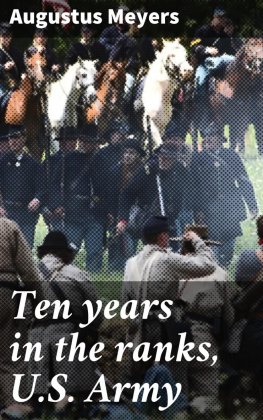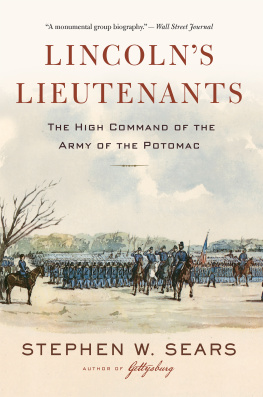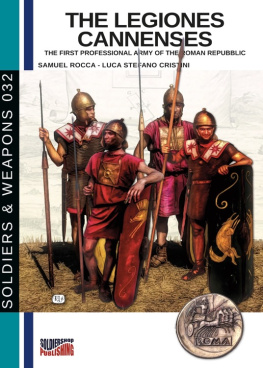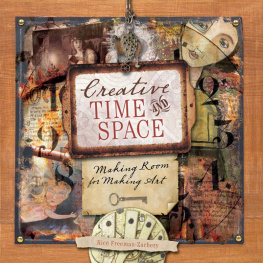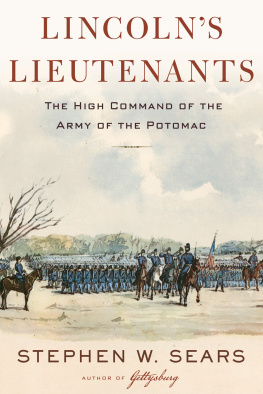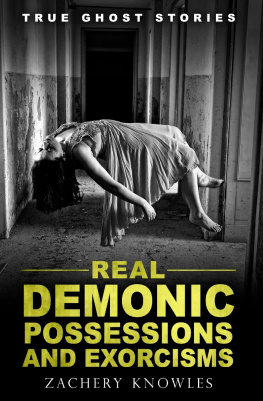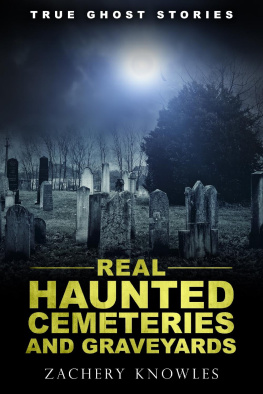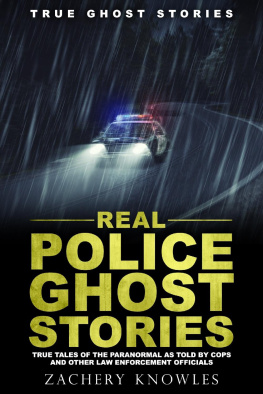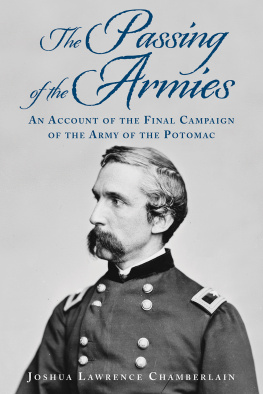Zachery A. Fry - A Republic in the Ranks: Loyalty and Dissent in the Army of the Potomac
Here you can read online Zachery A. Fry - A Republic in the Ranks: Loyalty and Dissent in the Army of the Potomac full text of the book (entire story) in english for free. Download pdf and epub, get meaning, cover and reviews about this ebook. year: 2020, publisher: The University of North Carolina Press, genre: Politics. Description of the work, (preface) as well as reviews are available. Best literature library LitArk.com created for fans of good reading and offers a wide selection of genres:
Romance novel
Science fiction
Adventure
Detective
Science
History
Home and family
Prose
Art
Politics
Computer
Non-fiction
Religion
Business
Children
Humor
Choose a favorite category and find really read worthwhile books. Enjoy immersion in the world of imagination, feel the emotions of the characters or learn something new for yourself, make an fascinating discovery.

- Book:A Republic in the Ranks: Loyalty and Dissent in the Army of the Potomac
- Author:
- Publisher:The University of North Carolina Press
- Genre:
- Year:2020
- Rating:4 / 5
- Favourites:Add to favourites
- Your mark:
- 80
- 1
- 2
- 3
- 4
- 5
A Republic in the Ranks: Loyalty and Dissent in the Army of the Potomac: summary, description and annotation
We offer to read an annotation, description, summary or preface (depends on what the author of the book "A Republic in the Ranks: Loyalty and Dissent in the Army of the Potomac" wrote himself). If you haven't found the necessary information about the book — write in the comments, we will try to find it.
Zachery A. Fry: author's other books
Who wrote A Republic in the Ranks: Loyalty and Dissent in the Army of the Potomac? Find out the surname, the name of the author of the book and a list of all author's works by series.
A Republic in the Ranks: Loyalty and Dissent in the Army of the Potomac — read online for free the complete book (whole text) full work
Below is the text of the book, divided by pages. System saving the place of the last page read, allows you to conveniently read the book "A Republic in the Ranks: Loyalty and Dissent in the Army of the Potomac" online for free, without having to search again every time where you left off. Put a bookmark, and you can go to the page where you finished reading at any time.
Font size:
Interval:
Bookmark:
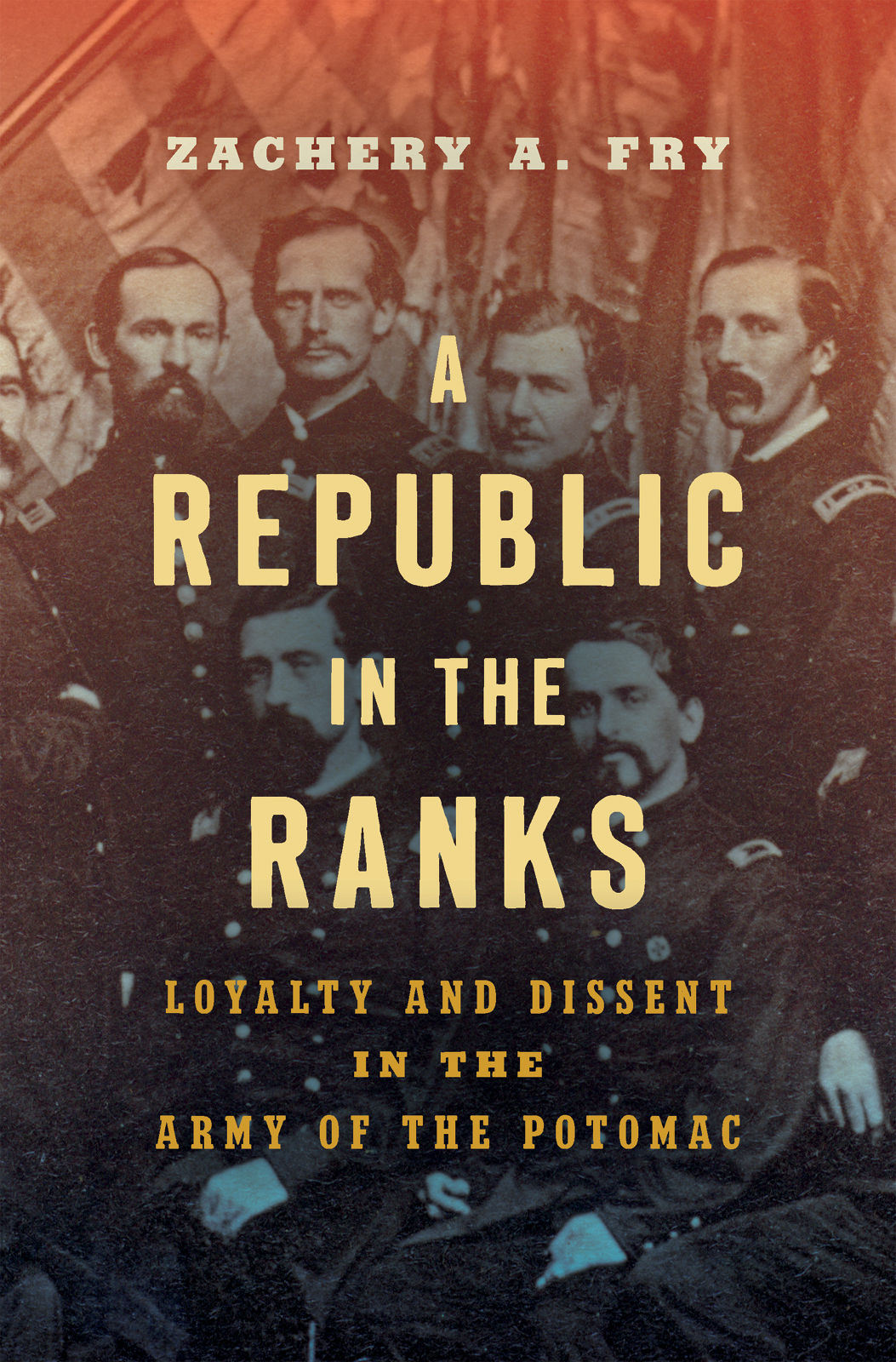
A Republic in the Ranks

CIVIL WAR AMERICA
Peter S. Carmichael, Caroline E. Janney, and Aaron Sheehan-Dean, editors
This landmark series interprets broadly the history and culture of the Civil War era through the long nineteenth century and beyond. Drawing on diverse approaches and methods, the series publishes historical works that explore all aspects of the war, biographies of leading commanders, and tactical and campaign studies, along with select editions of primary sources. Together, these books shed new light on an era that remains central to our understanding of American and world history.
Loyalty and Dissent in the Army of the Potomac

ZACHERY A. FRY
THE UNIVERSITY OF NORTH CAROLINA PRESS
Chapel Hill
This book was published with the assistance of the Anniversary Fund of the University of North Carolina Press.
2020 The University of North Carolina Press
All rights reserved
Designed and set in Miller by Rebecca Evans
Manufactured in the United States of America
The University of North Carolina Press has been a member of the Green Press Initiative since 2003.
Jacket illustration: officers and battle flags of the Forty-Fourth New York, The Peoples Ellsworth Regiment, ca. October 1864. Courtesy Ronald S. Coddington Collection.
Library of Congress Cataloging-in-Publication Data
Names: Fry, Zachery A., author.
Title: A republic in the ranks : loyalty and dissent in the Army of the Potomac / Zachery A. Fry.
Other titles: Civil War America (Series)
Description: Chapel Hill : The University of North Carolina Press, [2020] | Series: Civil War America | Includes bibliographical references and index.
Identifiers: LCCN 2019026432 | ISBN 9781469654454 (cloth) | ISBN 9781469654461 (ebook)
Subjects: LCSH: United States. Army of the Potomac. | SoldiersPolitical activityUnited States. | United StatesHistoryCivil War, 18611865Regimental histories.
Classification: LCC E470.2 .F895 2020 | DDC 973.7/41dc23 LC record available at https://lccn.loc.gov/2019026432
A version of originally appeared as Zachery A. Fry, McClellans Epidemic: Disease and Discord at Harrisons Landing, JulyAugust 1862, Civil War History 64, no. 1 (2018): 729.
A version of originally appeared as Zachery A. Fry, Philadelphias Free Military School and the Radicalization of Wartime Officer Education, 186364, Pennsylvania Magazine of History and Biography 141, no. 3 (October 2017): 27596.
For my grandfather

Donald A. Weiland
CHAPTER ONE
The Hope of the Nation
CHAPTER TWO
A Devotion Almost Idolatry
CHAPTER THREE
We Can No Longer Keep Silent
CHAPTER FOUR
Erase Every Devil of Them
CHAPTER FIVE
Copperheads and Half-Loyal Regular Officers
CHAPTER SIX
What the Sentiment of the Army Really Is
APPENDIX A
Bibliography of 1863 Unit Political Resolutions
APPENDIX B
1864 Reenlistment Analysis Methodology
APPENDIX C
Participation by Regiment in the Philadelphia Free Military School
APPENDIX D
Unit Voting Returns for 1863 Elections
APPENDIX E
Unit Voting Returns for 1864 Pennsylvania Congressional Elections
APPENDIX F
Unit Voting Returns for 1864 Presidential Election
No Civil War scholar should write without acknowledging a debt to the daunting amount of brilliant literature in the field. Navigating that literature and finding my storys place in it was a deep honor, but it was no simple task. For assistance with that, guidance on the joys and perils of writing, advice on professional development, and generous friendship in everyday life I am grateful to Mark Grimsley. At a dozen points when it seemed like this project would overwhelm me, he could always be counted on to provide sage support, humor, and steadfastness. The appearance of so much recent work on the political culture of Civil War armies collectively threatened to chip away at any fresh insight my own writing could provide, but Mark was relentless in his positivity, asserting that a topic with such intense coverage must be worth all the agony. He was right. Thanks must also go to John L. Brooke, who tirelessly shepherded me through the intricate historiography of early American politics. I have never met a scholar with wider-ranging abilities or interests. This work, for all its faults, is immeasurably better for his input and that of his insightful graduate students. To Paula Baker I extend deep thanks for helping with this project at the eleventh hour and doing so with an authority unexcelled in the study of nineteenth-century political culture. Allen Guelzo, who spurred my initial interest in the topic, was always willing to listen to my frustrations and ideas. I will forever be grateful for his involvement in launching my career.
A host of other scholars provided feedback, research assistance, and encouragement along the way. Ethan Rafuse traveled to Columbus in 2013 to offer his valuable perspective on how to frame the effort. James McPherson, George Rable, Christian Keller, Christopher Stowe, Lorien Foote, Jennifer Murray, Timothy Orr, Matthew Muehlbauer, and Mitchell Klingenberg all offered helpful insights either in the writing process or at conferences. Peter Carmichael was tremendously helpful, reading the work in its entirety and offering his own input and encouragement to make it a far better effort. When it came time for revisions and publication, the tireless staff at UNC Press, especially Mark Simpson-Vos, Jessica Newman, and Jay Mazzocchi, offered frequent guidance and support.
My personal friends at Ohio State were always willing to help, in the process showing why that institution stands preeminent in the study of war. Of these, I would be remiss not to single out military historians Sarah Douglas, William Waddell, Daniel Troy, Ian Johnson, Frank Blazich, Daniel Curzon, JT Tucker, Jon Hendrickson, Robert Clemm, Amanda Morton, Mason Watson, Hayley Fenton, and Corbin Williamson. Among the active military officers at OSU whose work ethic and scholarship were inspirations, I must mention Gregory Hope, James Villanueva, Devon Collins, Jonathan Romaneski, Joel Higley, and Edwin Den Harder. Scott Laidig, a fellow at the Potomac Institute and a Buckeye through and through, offered his own encouragement. Professors Peter Mansoor, Geoffrey Parker, and the late Joe Guilmartin all contributed their time and effort to help make my work better.
In addition to my Buckeye pards, my old friends from the 2009 Gettysburg Semester have been reliable sources of support, and I am also indebted to the participants in the 2016 West Point Summer Seminar in Military History. My 2017 faculty colleagues in the Department of History at West Point helped an effete civilian understand military culture from the inside, insights which greatly aided this work. I must highlight the faculty in Col. Bryan Gibbys Military Division of the department for their particular friendship and camaraderie. Above all at USMA, however, were my cadets in HI301 History of the Military Art, impressive young men and women who were a relentless source of inspiration during the revision process. Words can hardly express how much teaching them meant to me and contributed to my growth as a military historian. In the same vein, my fellow faculty and the students at the U.S. Army Command and General Staff College impress me on a daily basis. This book is better for their support.
Font size:
Interval:
Bookmark:
Similar books «A Republic in the Ranks: Loyalty and Dissent in the Army of the Potomac»
Look at similar books to A Republic in the Ranks: Loyalty and Dissent in the Army of the Potomac. We have selected literature similar in name and meaning in the hope of providing readers with more options to find new, interesting, not yet read works.
Discussion, reviews of the book A Republic in the Ranks: Loyalty and Dissent in the Army of the Potomac and just readers' own opinions. Leave your comments, write what you think about the work, its meaning or the main characters. Specify what exactly you liked and what you didn't like, and why you think so.

